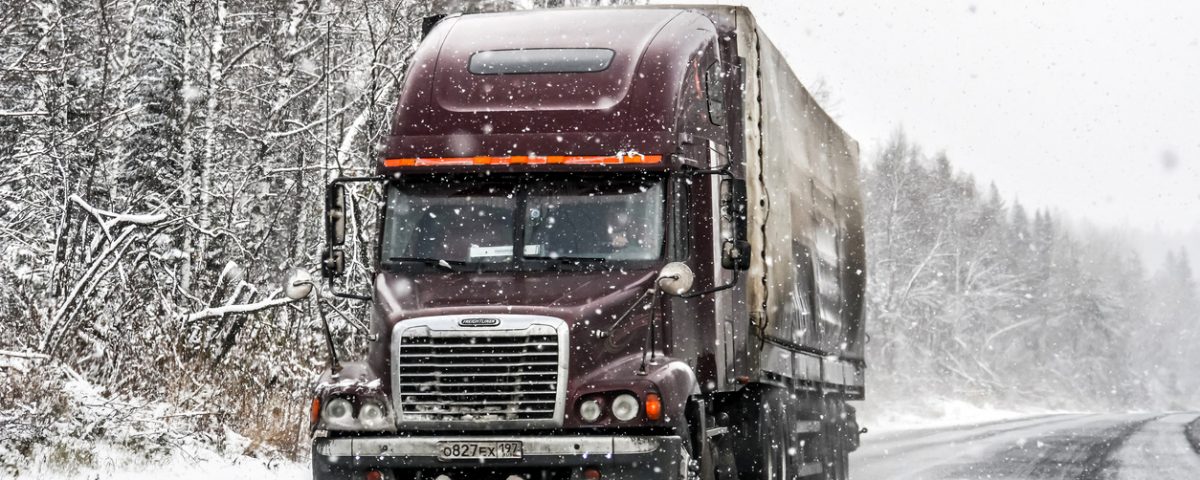
Trucking Rates Expected to Increase This Holiday Season
September 18, 2019
Expedited Solutions for Performance Shipping and Racing Shipping
November 25, 2019Shipping: How Winter Weather Affects

Winter weather can have an adverse effect on the shipping industry, and it trickles down to the retailers and consumers. Whether you live in areas that are hit with blizzards or not the effects are felt worldwide.
Truckload Shipping
When Mother Nature hits with a winter storm, it has severe effects. Snow can make it impossible to drive whether it’s a car or a truck. Whiteout conditions and drifting will force highways to be shut down. When this happens, it wreaks havoc on the transportation industry and truckload shipping. Not only does it delay shipments, but the drivers may be stranded at truck stops or along the side of the road.
Heavy rain, blizzards and high winds are estimated to cost the trucking industry $3.5 billion a year due to delays.
In bad weather situations businesses will close as a safety precaution. These business closures can cause headaches for the shipping industry. In many situations the shipping company will not be notified at all or possibly with very little time to make alternative arrangements. So, while the road conditions are adequate for the drivers, the destination causes the delay.
Winter weather can cause more than just trucks being sidelined for a day or two. Which means that there is one less truck for scheduled shipments. LTL shipping carriers are traditionally dependent on keeping their line-haul schedules every day. You will need to utilize a transportation provider that has the size and scale to handle extra freight volume. Winter weather changes everything.
If you ship temperature sensitive products, you will need to be sure to use temperature-controlled moves. As a regular trailer will not give the protection from freezing weather.
Ocean Freight
The cold weather can hamper diesel-fueled cranes at intermodal terminals. Ports will experience delays because of inland port operations.
When sea levels rise and fall it changes the size and weight restrictions on channels and under waterway bridges. Low water levels prevent movement of barges. Periods of high rain or drought conditions affect ocean freight tremendously.
Air Freight
Climate changes impact airports, planes and airstrips affecting the shipping infrastructure.
Severe rainstorms and flooding can force airports to close entire airports. There are many coastal U.S. airports that have runways below sea level. With that it doesn’t take a huge storm surge to close. Which affects passengers and shipping products. Another problem with flooding is that it messes with critical infrastructure. Electric power stations is one infrastructure that is critical. Baggage conveyor belts run underground in tunnels beneath the terminals.
Logistics Stay Ahead of Winter Conditions
Global logistics companies rely on a variety of tools to ensure the safety and efficiency in getting products from origin to destination. They use the most accurate weather information to re-route and stay ahead of winter weather to prevent the least amount of profit loss for everyone.
Predicting what Mother Nature has in store is not always easy or definite. Planning and working with a global logistics company that understands the priority of getting your products to their destination on time. They will have the tools to help you during the winter. While nothing is guaranteed, having a plan can help take the stress out.
